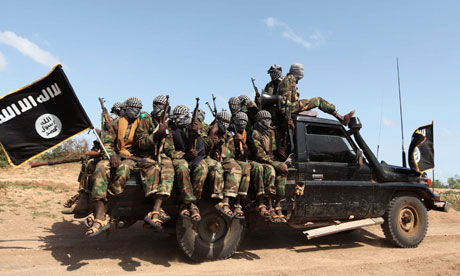By Brandon Cottrell
Impunity Watch Reporter, North America
WASHINGTON, D.C., United States – As U.S. Secretary of State John Kerry arrived in France today, Le Monde, an authoritative newspaper, published a report based on the secret documents leaked by Edward Snowden. It is expected that France’s Foreign Minister Laurent Fabius will discuss this issue with Kerry during his visit.

Adding already to the previous disclosures of the N.S.A’s worldwide surveillances in Germany, England. Brazil, and Mexico, today’s report stated that the N.S.A. recorded over 70 million digital communications in France over the span of one month. It is believed that businesses, officials, and terror suspects were specifically targeted.
France’s American Ambassador, Charles Rivkin, stated that, “These kinds of practices between partners are totally unacceptable and we must be assured that they are no longer being implemented.” Additionally Manuel Valls, France’s Interior Minister, called today’s report “shocking” and that it “will require explanation.”
While the report did not state what the N.S.A. was exactly looking for in the communications it recorded, it was clear that the N.S.A. took a “vacuum-cleaner approach” and recorded all communications, including telephone calls and instant messages. The recorded communications were then sorted into two categories coded “Drtbox” and “Whitebox,” though no further explanation for the categories was given. It is also not clear how many of the messages were actually listened to or read and how the data was stored- transcriptions of what was communicated or who were parties to the communication.
A statement issued by the White House stated that the latest disclosure has “distorted our activities” but also “raise[s] legitimate questions for our friends and allies about how these capabilities are employed.” The statement further said that, “President [Obama] made clear that the United States has begun to review the way that we gather intelligence, so that we properly balance the legitimate security concerns of our citizens and allies with the privacy concerns that all people share.”
The report in France also comes on the heels of an article in Der Spiegel, a German news magazine, where the Mexican government responded to reports that the U.S. hacked former Mexican President Felipe Calderon’s email. The Mexican government stated that, “This practice is unacceptable, illegitimate and against Mexican and international law ” and that “in a relationship between neighbors and partners, there is no room for the practices alleged to have taken place.”
The N.S.A. in a statement said it would not “comment publicly on every specific alleged intelligence activity, and as a matter of policy we have made clear that the United States gathers foreign intelligence of the type gathered by all nations.” Additionally, the U.S. State Department said it was discussing the matter with Mexico through diplomatic channels.
Fore more information, please see:
BBC – Mexico Strongly Condemns Alleged US Electronic Spying – 20 October 2013
BBC – Snowden Leaks: US Seeks To Ease France Spy Anger – 21 October 2013
CNN – Mexico Lashes Out Against Report Of U.S. Spying – 21 October 2013
New York Times – New Report of N.S.A. Spying Angers France – 21 October 2013



